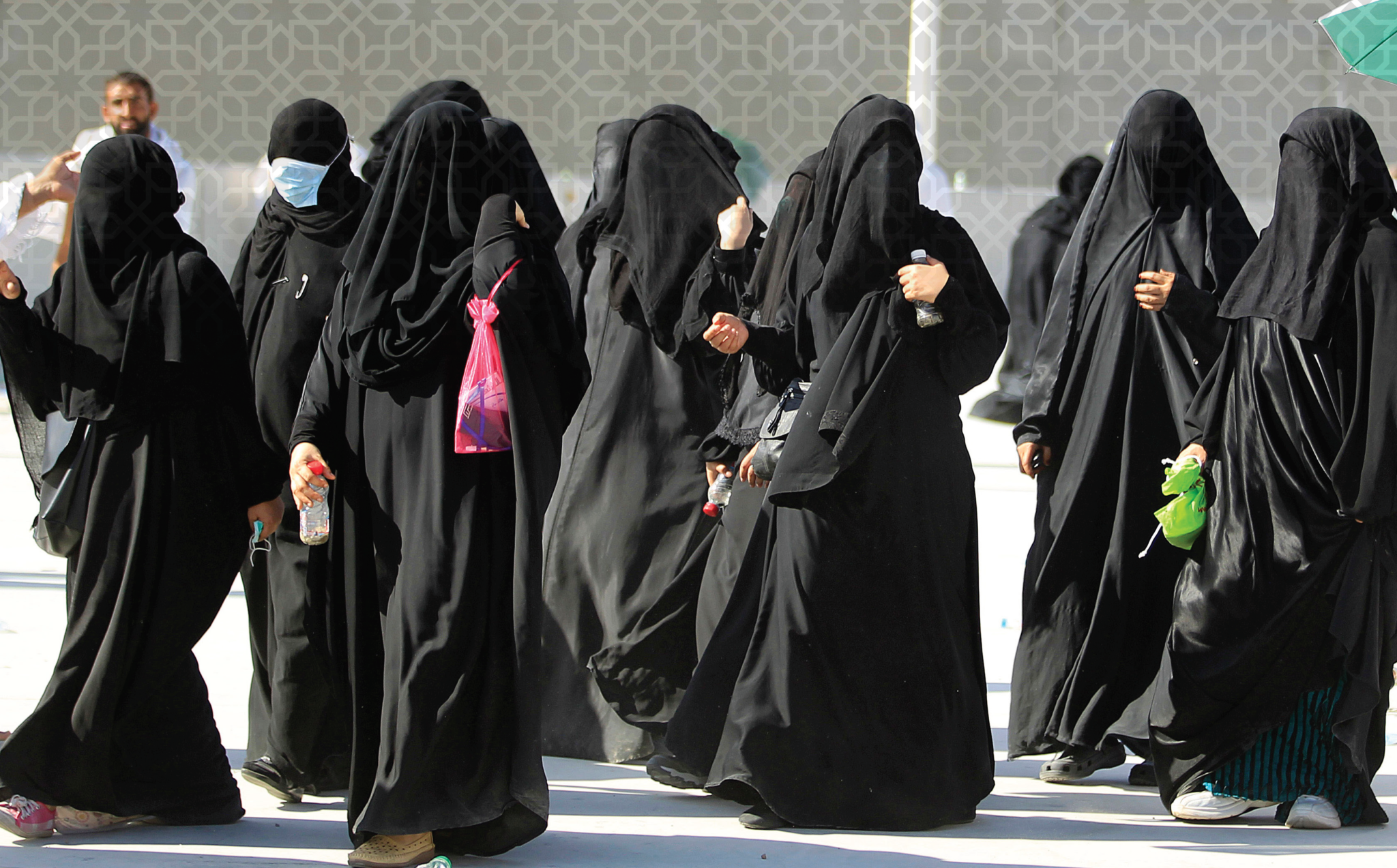Americans for Democracy & Human Rights in Bahrain (ADHRB) is pleased to release Hollow Words, Empty Reforms: Saudi Arabia’s Effective Refusal to Reform Women’s Rights, a report assessing the impact of recent economic, legislative, and societal developments on the rights of women in Saudi Arabia. See the introduction to the report below, and click here to read the full report.
Introduction
A number of major events in mid-2017 has brought renewed international attention to gender relations and the status of women in Saudi Arabia. On 14 April, Dina Ali Lasloom, a young Saudi citizen residing in Kuwait, was forcibly repatriated by her uncles to Saudi Arabia from the Philippines. She was traveling to Australia to request political asylum to avoid a forced marriage. The Saudi embassy in Manila reportedly facilitated her forced repatriation. The same day, Riyadh airport security officials detained and briefly disappeared 23-year-old medical student and activist Alaa Anazi as she waited for Lasloom’s return to the kingdom. These incidents also revived concern for the plight of women’s rights activist Mariam al-Otaibi, whom Saudi officials arrested during the week of 17 April 2017 in Riyadh after she fled her father’s house to escape domestic violence. These incidents are not new, but are emblematic of the situation of women in Saudi Arabia under the kingdom’s male guardianship system.
Yet, on 19 April, the member states of the United Nations (UN) Human Rights Council elected Saudi Arabia to a position on the Commission on the Status of Women, the UN’s principal body “dedicated to the promotion of gender equality and the empowerment of women.”
Americans for Democracy & Human Rights in Bahrain’s (ADHRB) new report, Hollow Words, Empty Reforms: Saudi Arabia’s Effective Refusal to Reform Women’s Rights, contextualizes these recent developments within the structure of gender-based discrimination in Saudi Arabia and highlights ongoing violations of women’s rights. The report begins by looking at several recent developments within the past five years to demonstrate the steps the Saudi government has ostensibly taken towards promoting women’s rights in the kingdom. Among the developments are Vision 2030 and its meaning for women’s rights and the April 2017 announcement by King Salman curtailing aspects of the guardianship system. The report proceeds to a discussion of several thematic issue areas in order to demonstrate that despite recent changes, the government has largely failed to enhance women’s rights. These issue areas include women’s inability to drive and their lack of independence, the 2011 decree allowing women to vote and their appointment to the Shura Council, the introduction of domestic violence legislation in 2013, the 2015 Shura Council decision to grant women their own identification cards, and the 2016 announcement of Saudi Arabia’s Vision 2030.
This report examines these thematic issue areas because they have shown recent advances by the government towards increasing women’s equality. Taken together, these areas provide both a view of how, despite these changes, the status of women in Saudi Arabia is largely unchanged. For example, while domestic violence is a problem in all countries around the world, abuse of women within the domestic sphere in Saudi Arabia speaks to the power dynamic inherent in relationships, wherein a woman cannot leave an abusive husband because of restrictions on movement and impositions due to the guardianship system. Thus, despite new legislation, not only does the problem persist, but authorities remain unable to adequately address it. Similarly, the success of a Shura Council resolution to grant women identification cards is ostensibly a move toward greater freedom. Rather, it illustrates the manner in which women must rely on their guardians for identifying documents and for working with government bureaucracies. This reliance subjugates women to their male relatives
While this report identifies several positive steps, this report finds that despite these developments, women in the kingdom remain highly dependent on, and subservient to, men. Furthermore, despite this apparent progress, significant obstacles remain in the way of women achieving equal rights. Among the barriers are a lack of political will by the government to tackling systematic discrimination and the male guardianship system. Ultimately, as long as the guardianship system remains intact, women will be unable to achieve equality with men in Saudi Arabia.





